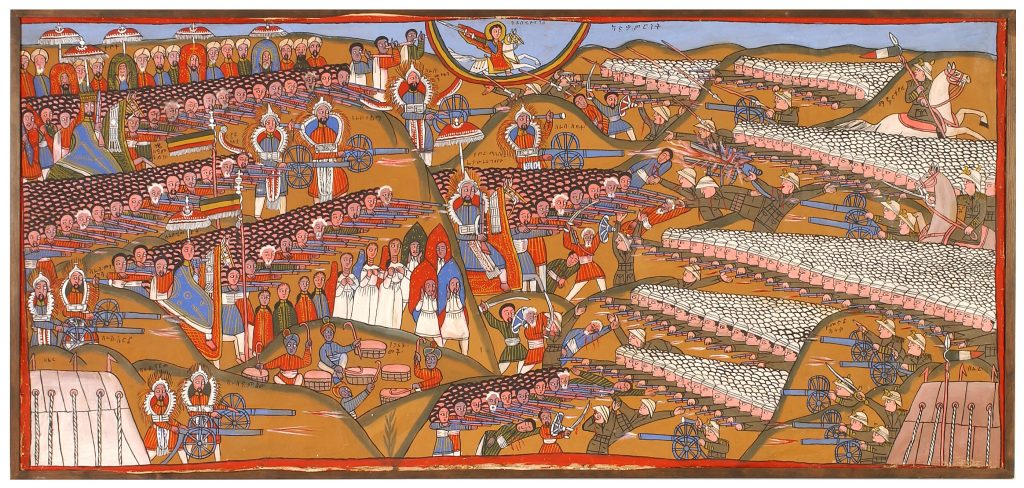Edited (version 11)
Visualizing Collections & Enabling Collaborations
Data visualisation to develop collaborative provenance research projects with concerned communities
- Documentation (Google Doc)
- Visualizing Collections (PDF)
- Challenge presentation
Contact: Alice Hertzog - hertzog@vmz.uzh.ch
Visualizing Collections & Enabling Collaborations
Zurich Ethnographic Museum
This challenge is based on a very practical real-life problem: we want to develop collaborative provenance research projects with concerned communities - but the collections at the Ethnographic Museum in Zurich are currently not accessible online
This means external partners both here in Switzerland and abroad are unable to look up what is currently held in the museum. To find out about the collection they have to email a member of staff.
Sharing data - sharing stories: provenance research as a broker for new collaborative endeavors. Visit of delegation from Nigeria to the Zurich Ethnographic Museum
The museum is currently addressing this and has decided to make its database accessible online. But it is early days, and this will most probably require us shifting to a new collection management software and will take time and resources.
In the meantime, having recently joined the institution as the museum’s provenance researcher, I would like to have a quick and creative solution that communicates to the general public where our collections come from and during which period they arrived in the museum.
Engaging the general public in provenance research
Photo Caroline Krajcir
This prototype does not need to communicate all of the information that one would normally find in a museum database but should provide a basic overview, ideally in the form of a visualization, or mapping so that external partners get a good sense of what is in the collection.
The intention is that making this data available in a user-friendly format could foster further collaborations between concerned communities and the museum. This would fill an important gap whilst the collection is still off-line.
Inspiration: Cartography of Heritage from Cameroun in Europe -
Source Atlas der Abwesenheit Kameruns Kulturerbe in Deutschland - 2023
Difficulties: Whilst the geographical regions have pre-defined country and area codes, the provenance data when available is in an open text schema. Actors names from acquisitions over the last 30 years would need to be protected.
Outlook: Such a prototype could be the start of a collaboration with hackathon participants, which based on available resources could be further developed together. It could even be that the prototype inspires us to adopt certain principles and creative solutions as we work on putting the full database online.
We hope you are willing to jump on board and with your tools and skills set help us develop a solution to this challenge!
Inspirations:
Atlas der Abwesenheit – Kameruns Kulturerbe in Deutschland
Mapping Philippine Material Culture
Past GlamHack projects
The spatial evolvement of a Museums’ collection - GLAMhack 2021 (opendata.ch)
Data:
Data storage: Data will be available as an excel file on the UZH Switch Drive – available through a password protected link.
Data fields: The data fields would be the object name, inventory number, continent, region and country, and then the date of entry and provenance actors.
Karteikarte: Name Objekt, Inventar-Nr, Kontinent, Weltregion, Land, Geographische Region. History: Eingangsdatum, Von, Sammler, Provenienz
Event finish
Project
Joined the team
Start
Repository updated
Challenge shared
Tap here to review.
Visualize Portrait Gallery
GLAMhack 2023
Blog post introducing the GLAMhack23 projects in Wiki Loves Living Heritage

